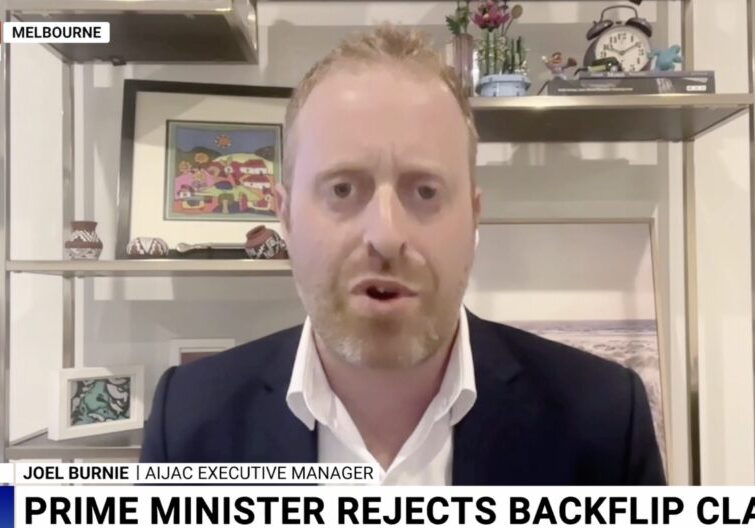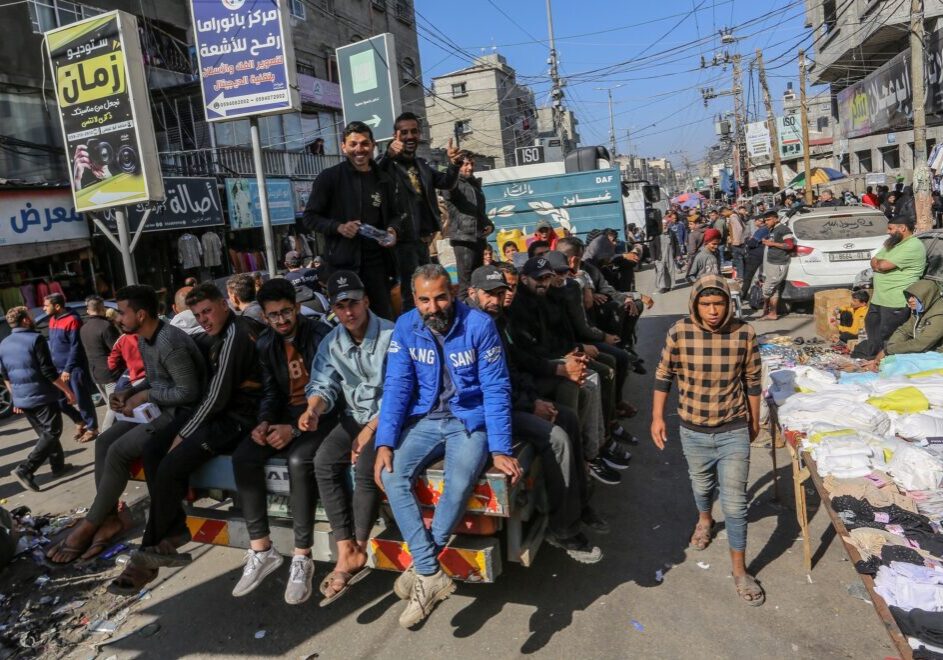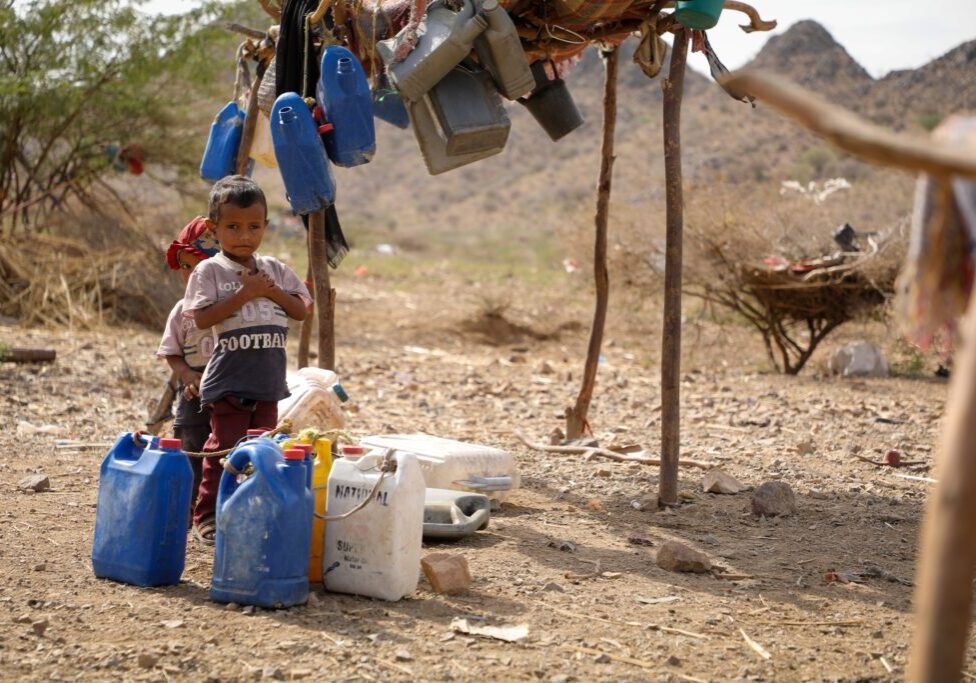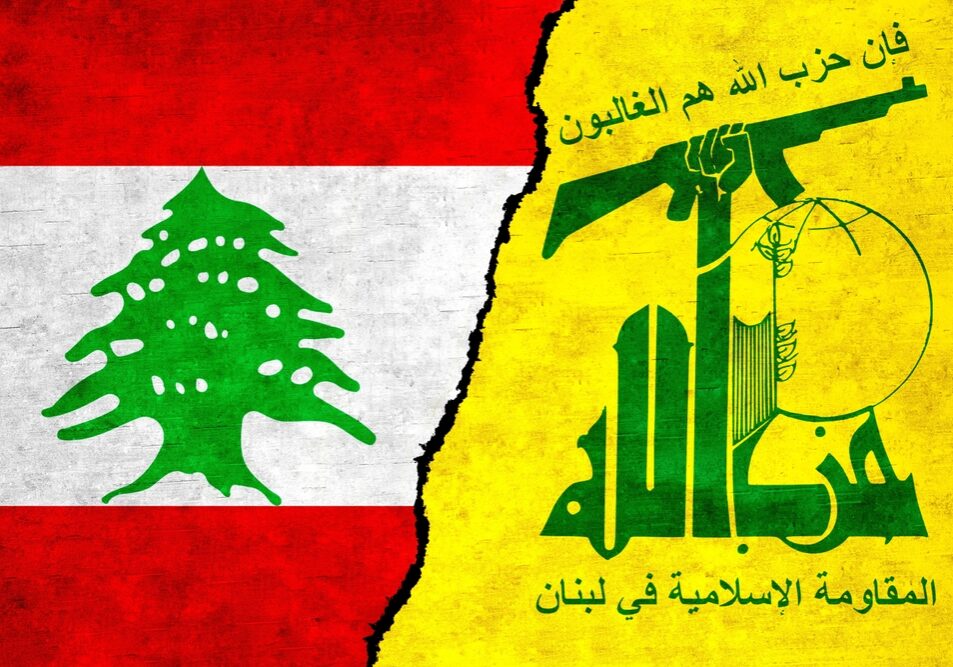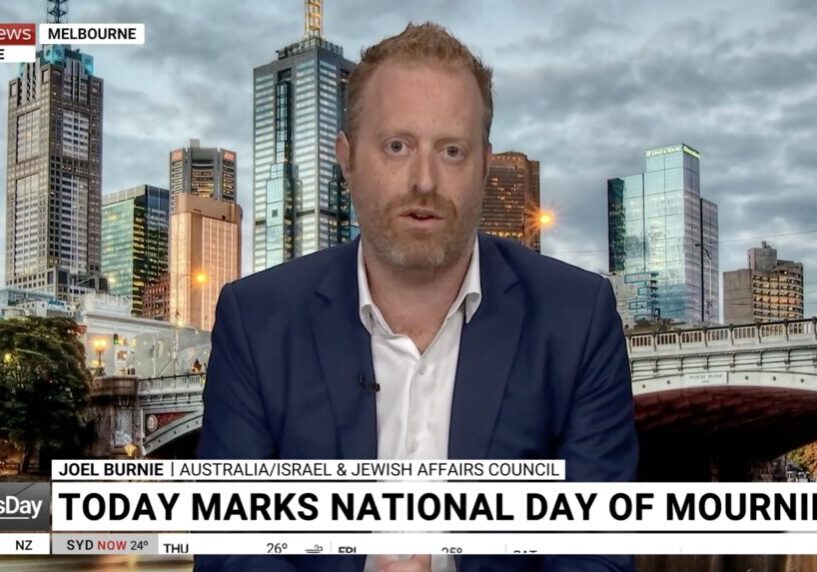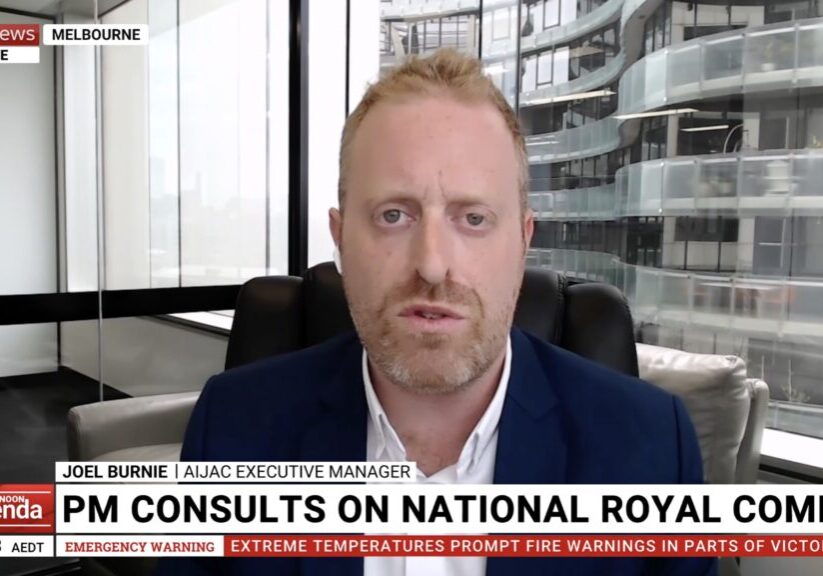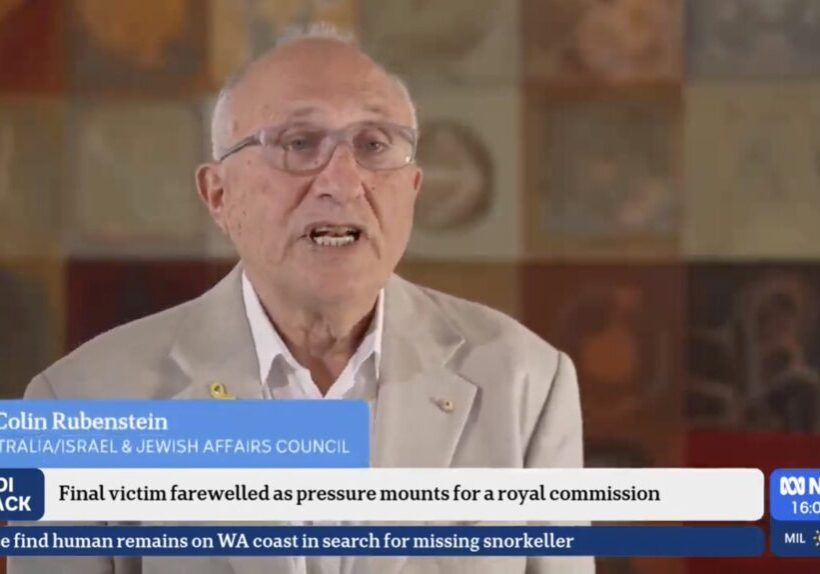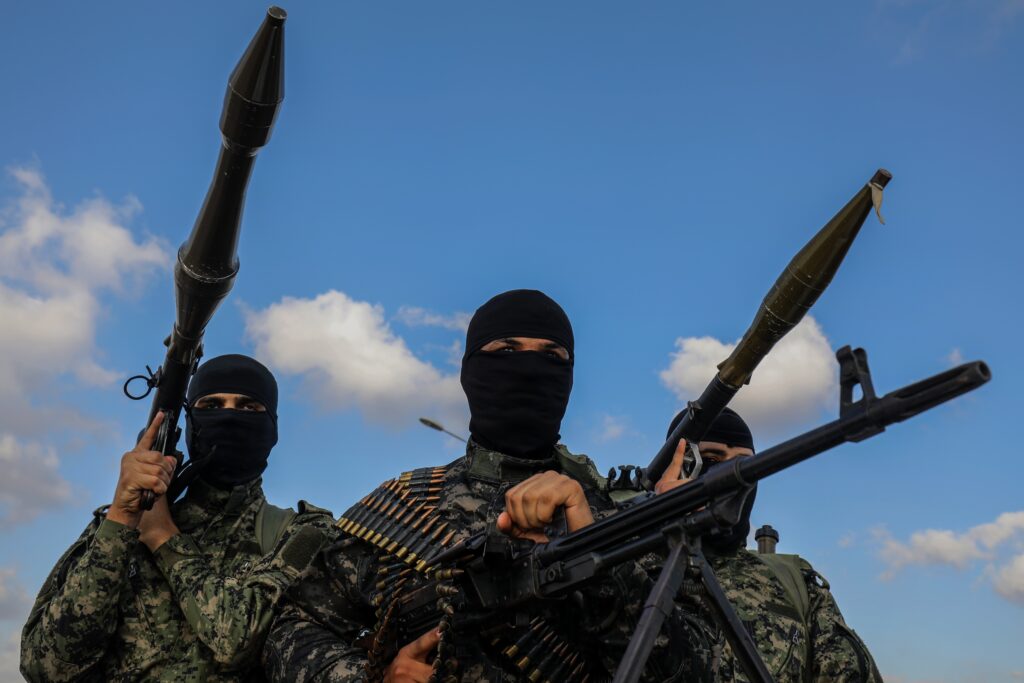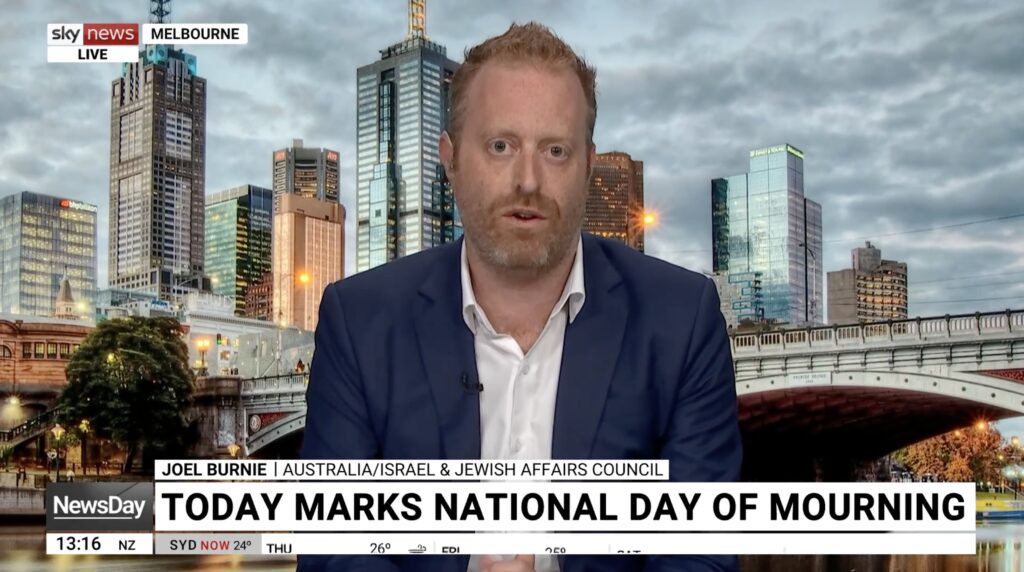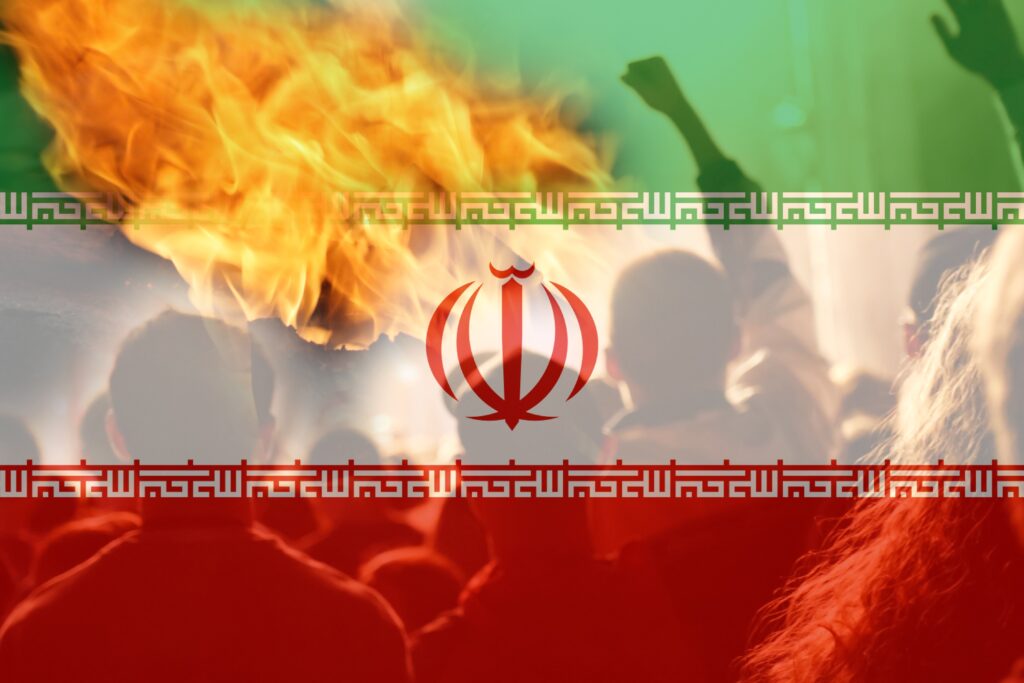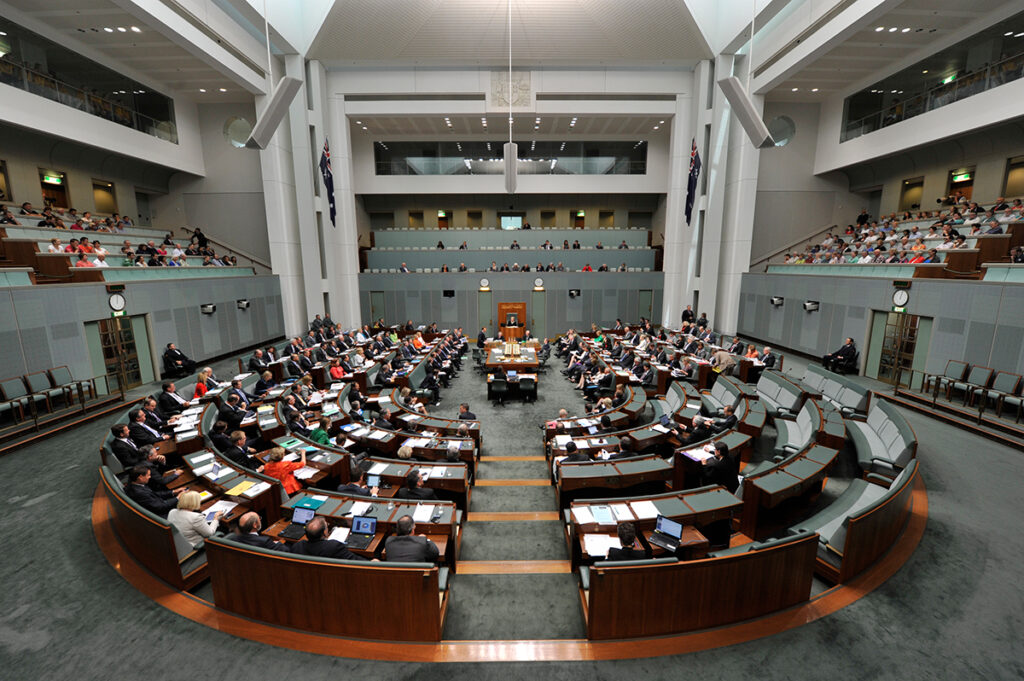FRESH AIR
Palestinian UN Bid Losing Momentum?
July 22, 2011 | Sharyn Mittelman
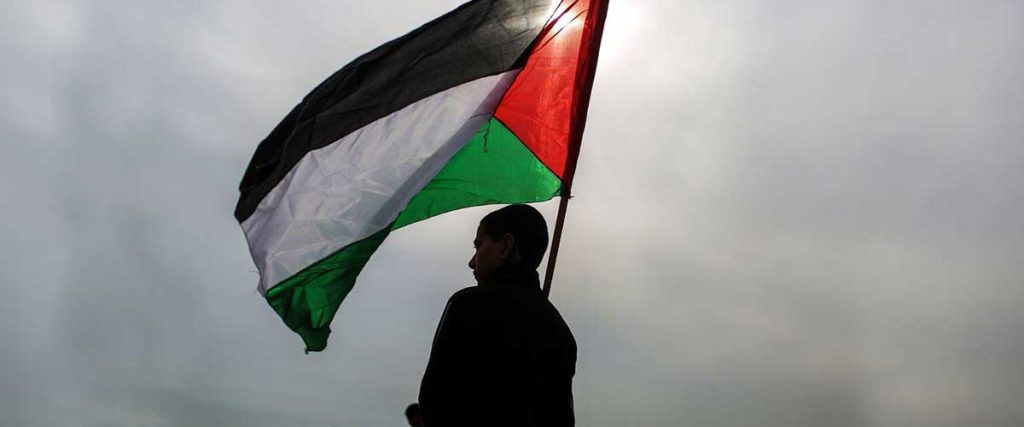
The Palestinian plan to seek UN recognition of an independent Palestinian state along the pre-1967 lines may be losing momentum, according to numerous media reports.
The Palestinians had planned to seek recognition of statehood by the UN Security Council, which has binding authority, however the US has hinted that it would likely veto the resolution.
Therefore, the Palestinians appear likely to instead go directly to the UN General Assembly and seek recognition as a non-member observer state. The Palestinians believe that they have about 140 of the UN’s 193 states supporting the resolution and they need a two-thirds majority (129 states) to approve the motion. However, the move would be largely symbolic, as the UN General Assembly can neither create an independent Palestinian state nor admit such a state to the UN.
Israeli Deputy Foreign Minister Danny Ayalon stated that Israel does not expect to prevent a pro-Palestinian resolution from passing in the UN General Assembly, where it would have little more than symbolic value. But he believes a “moral majority” of Western countries will not support the resolution, further limiting the impact of any resolution. Ayalon told reporters:
“What seemed to be a landslide for the Palestinians has stopped”.
Ayalon also said he hoped the Palestinians would back away from the UN plan, warning that a vote could lead to “disappointment and maybe violence” in the Palestinian territories.
Given that the Palestinian UN bid is not likely to lead to a Palestinian state, Palestinian officials have begun to speak out against the UN move fearing it could prompt public frustration, weaken the Palestinian Authority and strengthen hard liners like Hamas.
Palestinian government spokesman Ghassan Khatib stated:
“The Palestinian leadership has been promising or expecting to deliver in September. When it fails, it will undermine its public standing and strengthen the standing of the opposition.”
Diana Butto, a former legal adviser to Palestinian negotiators, said she also expected a retreat from the UN strategy:
“They [the Palestinian leadership] climb up trees and don’t know how to get down, except by falling out of the tree.”
Nabil Amr, member of the PLO Central Council and a former PA minister on July 19 cautioned the PA against going to the UN:
“The leadership does not have any guarantees that it would be able to climb down safely from the tree”.
Amr is the first senior PLO official to publicly express reservations about the PA’s statehood bid. Other senior officials in the West Bank are also believed to oppose the move, but have not gone public.
Amr told Al-Quds Al-Arabi newspaper:
“I personally will advise the leadership to delay the UN bid by another year so that we would be able to make better preparations than what has been done until now”.
Amr is concerned that the PA has failed to assess the implications for the Palestinians relationship with the US, he said:
“The Americans have not hidden their position and threats to impose sanctions not only against us, but also against those who would vote in favor of the statehood plan”.
Despite these concerns the PA may still push ahead with the UN bid. PA negotiator Nabil Sha’ath said the PA was determined to go ahead with its statehood plan.
There are also concerns that a UN vote in September could erupt in a third Intifada. According to a poll conducted by the Dahaf Institute more than half of the Israeli public believes a third Intifada will break out if the Palestinians follow through with plans to make a unilateral declaration of statehood in September. The poll also found that 54% of the public believe an Intifada will break out even if the United Nations does not recognise the proposed Palestinian state.
Whether the Palestinians will deter from the UN path, or are merely attempting to lower Palestinian expectations remains to be seen.
Tags: Palestinians, United Nations
RELATED ARTICLES

Anti-Israel protesters’ deafening silence on Iranian repression: Arsen Ostrovsky on Sky News
